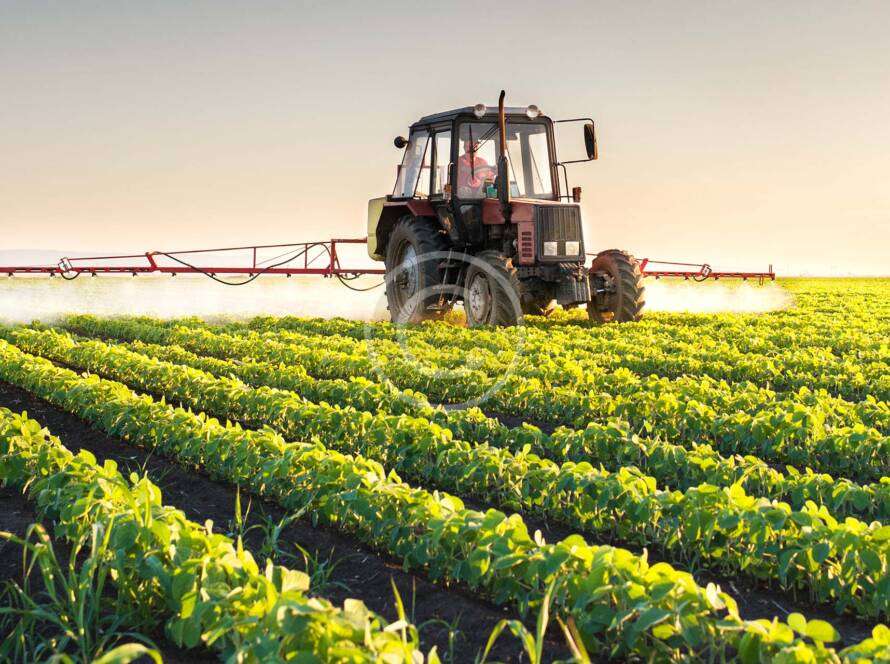Obtaining organic certification is a comprehensive journey that requires dedication, careful planning, and a commitment to sustainable agricultural practices. This guide walks dairy farmers through the intricate process of achieving and maintaining organic certification.
Understanding Organic Certification
What is Organic Certification?
Organic certification is a formal process that:
- Verifies agricultural practices meet strict organic standards
- Ensures compliance with environmental and animal welfare regulations
- Provides credibility to organic food production
- Validates sustainable farming approaches
- Enables access to premium organic markets
Preliminary Preparation
1. Education and Research
Before beginning the certification process:
- Attend organic farming workshops
- Study organic regulations
- Connect with certified organic farmers
- Understand national and regional organic standards
- Review certification requirements
2. Farm Assessment
Comprehensive farm evaluation includes:
- Current land and livestock status
- Existing farming practices
- Potential organic transition challenges
- Required infrastructure modifications
- Economic feasibility analysis
The Certification Timeline
Transition Periods
- Crop land: Minimum 3-year transition
- Dairy herds: Minimum 12 months of organic management before milk can be sold as organic
- Continuous compliance monitoring
- Gradual implementation of organic practices
Step-by-Step Certification Process
Step 1: Develop an Organic System Plan
Critical documentation requirements:
- Detailed farm management strategies
- Crop rotation plans
- Livestock management protocols
- Pest control approaches
- Soil and water conservation methods
- Record-keeping systems
Step 2: Choose a Certifying Agency
Selection criteria:
- USDA-accredited certification organizations
- Regional expertise
- Comprehensive support services
- Reasonable certification costs
- Responsive communication
Step 3: Submit Application
Documentation preparation:
- Completed organic system plan
- Farm maps and detailed descriptions
- Historical land use information
- Current farming practice documentation
- Comprehensive farm management records
Step 4: Initial Review and Verification
Certification agency processes:
- Application document review
- Initial compliance assessment
- Request for additional information
- Preliminary farm evaluation
Step 5: On-Site Inspection
Detailed farm examination includes:
- Physical farm tour
- Documentation verification
- Interviews with farm management
- Assessment of organic practice implementation
- Soil and input material testing
Step 6: Certification Decision
Potential outcomes:
- Full organic certification
- Provisional certification
- Requirement for corrective actions
- Denial of certification with improvement recommendations
Ongoing Compliance Requirements
Annual Maintenance
Continuous obligations:
- Annual recertification
- Updated organic system plan
- Comprehensive record-keeping
- Regular internal audits
- Transparency in farm operations
Prohibited Substances and Practices
Key Restrictions
- No synthetic pesticides
- No genetically modified organisms
- Limited antibiotic use
- Restricted hormone treatments
- Mandatory outdoor access for livestock
- Organic feed requirements
Economic Considerations
Certification Costs
- Initial application: $500 – $1,500
- Annual renewal: $300 – $1,000
- Inspection fees: $300 – $1,200
- Potential consulting expenses
Economic Benefits
- Premium product pricing
- Access to specialized markets
- Increased consumer trust
- Potential government support
- Long-term sustainability
Technological Support
Modern Certification Tools
- Digital record-keeping platforms
- Compliance tracking software
- Remote inspection technologies
- Agricultural management apps
- Blockchain traceability systems
Common Challenges
Potential Obstacles
- Strict regulatory compliance
- Initial production cost increases
- Complex documentation
- Lengthy transition periods
- Market adaptation
Environmental and Social Impact
Broader Certification Benefits
- Ecosystem preservation
- Reduced chemical contamination
- Animal welfare improvement
- Sustainable agricultural practices
- Community health enhancement
Conclusion
Organic certification is more than a legal process—it’s a commitment to sustainable, ethical, and transparent agricultural production. By understanding and navigating the certification journey, farmers can transform their operations and contribute to a more sustainable food system.
Disclaimer: Specific certification requirements may vary by region and certifying agency. Always consult local organic farming authorities for the most current regulations.



